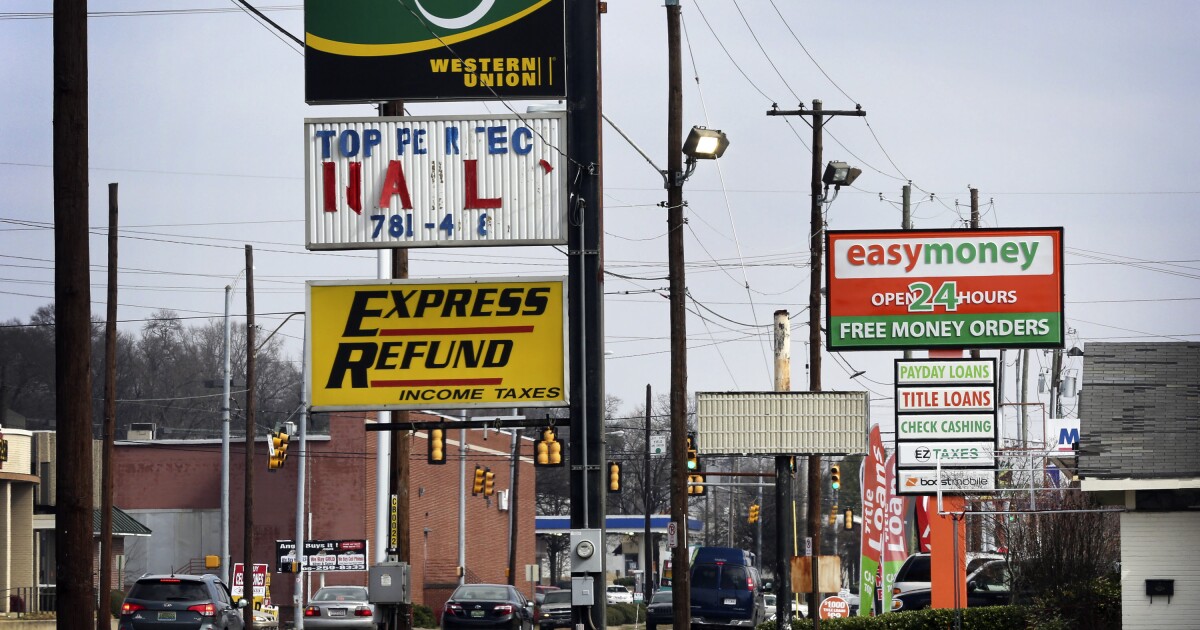When Liz Pagel and Matt Komos began analyzing a wealth of alternative credit data collected by FactorTrust, an alternative credit bureau that TransUnion acquired last year, they set out to understand the behavior of consumers who use payday loans. , pawn shops, auto title loans, own arrangements and “buy here, pay here” credit.
(FactorTrust has a “give and get” model: Lenders report on business lines and receive industry data. FactorTrust tracks data on 28 million people.)
“We really wanted to see who might be a better credit risk than you think,” said Pagel, vice president of the financial services business unit at TransUnion. “The assumption was that consumers who participate in this market are very subprime or unbanked, which is why they turn to these lenders. When we looked at the population in the database, we found that 66% of them are sub-prime, riskier than the general population.
But 12% turned out to be bonuses and super bonuses. Only 3% were not rated.
“There is clearly a demand for credit that is not being met by traditional lenders,” said Pagel, co-author of the new study, “The Spectrum of Lending: Complete the Consumer Picture”.
The researchers couldn’t say exactly why customers with higher credit turned to payday loans. Maybe they had an emergency and needed the money fast.
“They might just like how the process compares to a traditional loan,” said Matt Komos, vice president of research and consulting at TransUnion.
When they looked at all the historical data for the past seven years, they found that 80% of consumers who take out alternative loans are subprime.
“But again, that means there is this notable segment that is not at risk, so they would be eligible for other products,” Pagel said.
“Consumers have become familiar with this product in the short term, they like to use it,” Komos added.
The researchers then looked at the other loans available to these short-term borrowers and found that 75% also had traditional loans.
“When we talk to traditional lenders, the message is, ‘These are your customers,’ Pagel said. “Your customers are active in this market. There is something that they are doing that you do not completely fill their wallet with.
Komos and Pagel then compared people with the same risk profiles in TransUnion’s alternative credit bureau and normal credit reports.
Those in the Alternative Database received much smaller personal loans – just under $ 2,000, compared to just under $ 3,000 for clients with normal credit records.
“The way they view credit may be slightly different,” Komos said. “They can say, ‘I only need $ 2,000, so don’t give me $ 3,000. That’s all I want.’ It comes down to the idea that if you think it is a short term loan or a personal loan, you have a fixed payment, a fixed term, you know exactly how much you owe and you know when. it will be over. It might be easier to manage for many people than a credit card, that you could easily slip by and all of a sudden your payments are unmanageable.
Researchers note that people who use alternative loans disproportionately use more auto and personal loans.
“The look and feel of a personal loan could be more similar to that of a short term loan,” Pagel said. “Maybe it’s just more familiar to them. Auto loans can be explained because unless you live in New York, everyone needs a car. So they get these products disproportionately, but they also have bank cards, private label cards, so they’re active in all of those markets.
The bottom line, the researchers say, is that there are 20 million consumers at risk that a lender could easily shut out. But some of them are creditworthy.
For example, people who resort to short-term alternative loans repeatedly have lower default rates on traditional credit than those who only get payday loan every now and then.
“So people who use short-term alternative loans to finance their lives learn good credit behaviors,” Pagel said. “They learn to make sure they have the money in their bank account when the loan is due.
Underlying all of this is an unspoken argument for lenders to buy FactorTrust data from TransUnion, so they can see such behaviors and know what to look for in the loan applications they receive.

